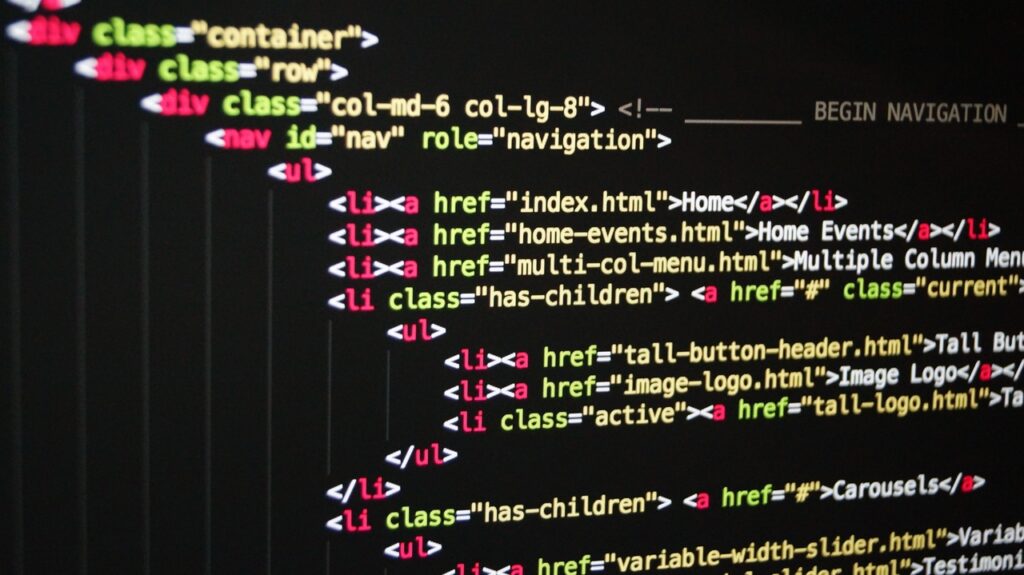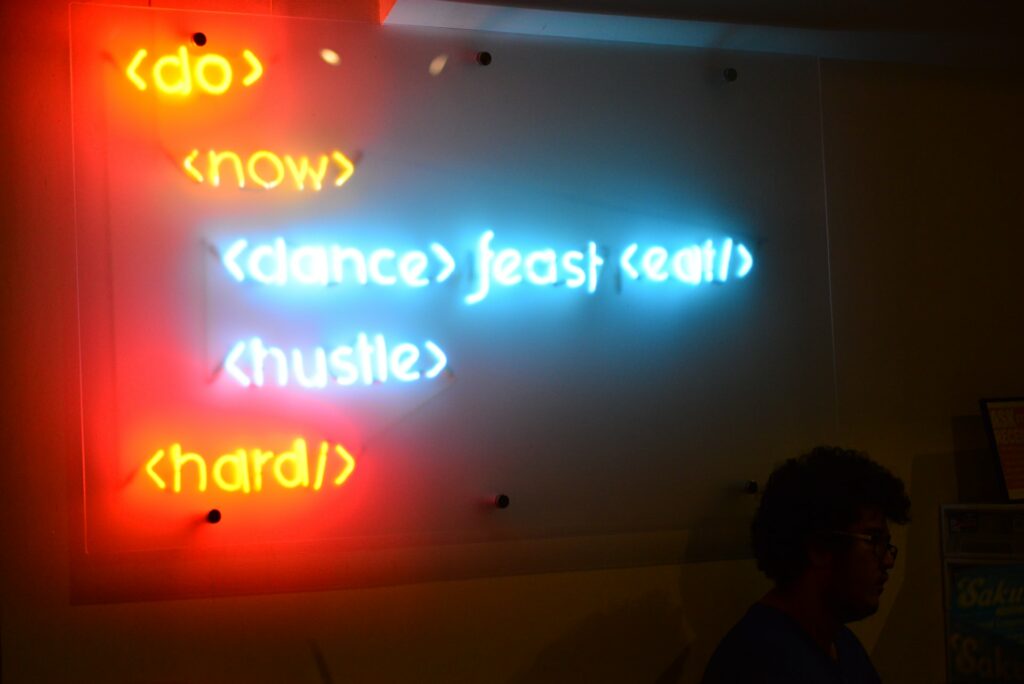One thing is certain; if you’re to operate efficiently in the data science space, knowing how to code is going to be a big plus. Along these lines, one programming language that’s certainly worth picking up is Python. So here, prospective auditors will be given a concise beginner’s guide to Python & where to learn more!
This post will also cover a few other tips for making picking up this skill a little easier. So, be sure you read through till the end!
Why Choose Python Programming Language?
At the moment, there are approximately 9, 000 different programming languages that students can learn. Having said that, the question becomes, why choose Python?
There are several key reasons why beginners in data science are almost always better served by adding this programming language to their repertoire of skills. Some of the biggest ones include:
- It uses an elegant syntax which makes it much easier to learn;
- Users have a vast Python library they can easily leverage for development and completing data science tasks;
- It helps perform web development more efficiently;
- This programming language is highly extensible and flexible;
- It offers ample data visualization frameworks;
- Users get sufficient testing frameworks with Python;
- This programming language offers exceptional text processing and integration functionalities;
- Python has an active community that can be readily leveraged;
- As one of the most in-demand skills in the industry, those who possess high Python proficiency can command sizable salaries.
Now that prospective auditors know what to expect from acquiring this skill, let’s move on to the best online resources to access this knowledge.

Beginner’s Guide to Python & Where to Learn More
Here’s Elektev’s complete beginner’s guide to Python & where to learn more with ease in 2023.
#1 – Python Tutorial – Python for Beginners
This course is the ideal entry point for professionals who want to transition smoothly into the world of python. It’s a great place to start because it assumes no prior knowledge of the subject matter on the part of the auditor. Because of this, it is incredibly detailed in its exploration of the basics of this programming language.
It doesn’t go beyond the fundamentals of Python but the in-depth background understanding of the concept that it provides helps students achieve a more thorough comprehension of this programming language, moving forward.
#2 – Python Fundamentals
Some programmers argue that the biggest strength of Python programming is its versatility. Professionals can always find a use for this programming language, whether it’s in complex numeric applications or simple desktop apps.
Python Fundamentals shows students how it all builds up to that.
It exposes auditors to the use and implications of control statements and loops. During this course, students will also learn simple yet efficient ways of manipulating primitive and non-primitive data structures.
#3 – Python for Beginners with Real-Time Examples
This beginner course on Python programming takes things a step further than all the other entries on this list so far. Of course, it covers the basics of this programming language quite extensively.
However, it goes beyond this to offer a wide array of real-time examples that students can go over to further facilitate an even deeper understanding of the subject matter.
In addition to this, auditors are also allowed to send in topics related to the course that they would like covered to the facilitator of this program. As such, students are certain to come out with a very deep understanding of Python after finishing this course.
#4 – Complete Python Programming (Python Basics to Advanced Python)
This course is a better resource for professionals who want a clear path from basic to advanced Python programming in a single stretch.

Over the course of 8 hours and 98 different lectures, this program breaks down the finer details of Python and helps auditors develop elite programming skills as well.
The best part of it is that, even though it delves deeper into the intricacies of Python compared to most other courses, it’s still remarkably easy to follow for even students who have no prior knowledge of programming in general.
#5 – Python – Solve 250 Python Exercises
With programming in general, it isn’t enough to just have the required skills; auditors need to be sure that they can apply these skills practically as well.
So, in addition to providing materials on the various concepts and principles in Python, this course also offers numerous questions that auditors can try their hands on to test their skill level. This will help them efficiently analyze how far they’ve come as well as what’s left to go.
Best Tips for Mastering Python Programming
No beginner’s guide to Python programming & where to learn more resources would be complete without a few pointers on how to master this programming language.
With this in mind, here are some simple steps that auditors can follow to make learning Python easier.
Have a Clear Direction
Python programming is useful. That fact is undeniable. However, students don’t gain anything if they pick up this programming language purely for the sake of it.
To counter this effect, make sure that you have an established goal in mind when learning this skill. That will do much to keep you motivated and actively interested in the course(s) you’re taking.
Identify the Best Learning Resource(s)
Different students have different approaches to learning. It’s very important to take this factor into account when learning Python. This is because this programming language can start to appear complex and cumbersome if auditors don’t use the appropriate learning resource for them.
Pay Extra Attention to Basic Syntax
Proficiency in Python begins and ends with how familiar a professional is with their basic syntax. As such, auditors who are serious about this programming language need to take quality time to study and understand basic syntax quickly.

Practice All Acquired Skills
In the tech industry, professionals are highly likely to lose skills that they don’t hone. As such, auditors should be sure to practically apply the skills that they learn. This is the most effective way to ensure complete mastery of Python programming
Conclusion
And that’s all on the beginner’s guide to Python & where to learn more! Python isn’t only exciting to learn but it can also position professionals to capitalize on a wealth of opportunities.
Here are some more resources that might prove helpful as well.
